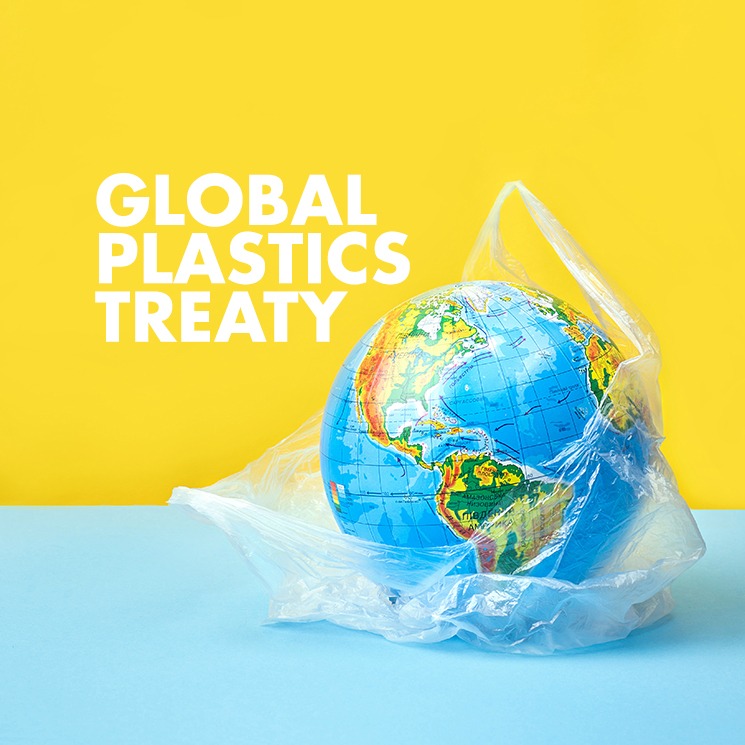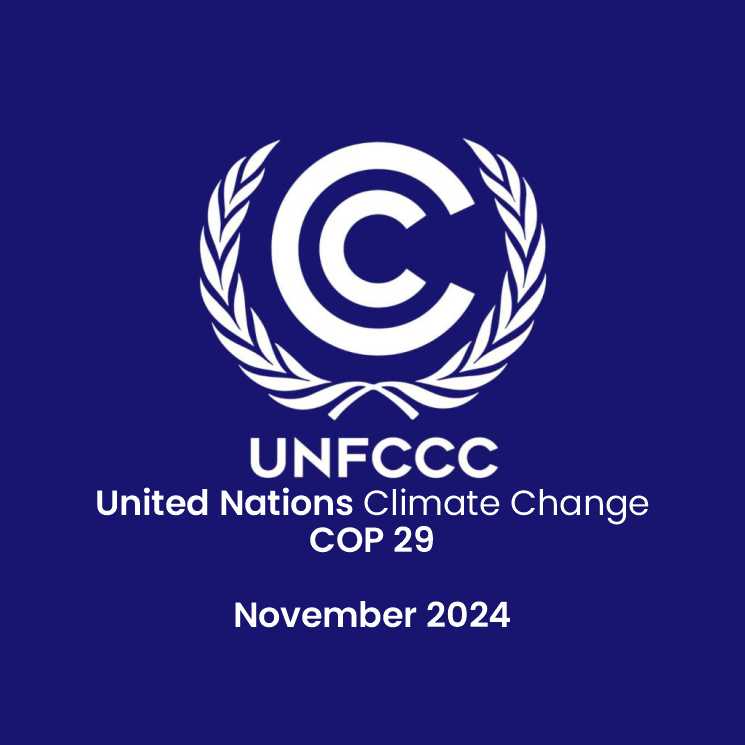India, as a rapidly developing nation, has a significant role to play in addressing the global plastic pollution crisis. The upcoming Global Plastics Treaty negotiations in Busan, South Korea, offer a crucial opportunity for India to champion sustainable practices and contribute to a cleaner future.
India’s Plastic Pollution Challenge
India is grappling with a severe plastic waste problem. Single-use plastics, especially, have inundated our cities and rural areas, choking our waterways and harming wildlife. The need for effective waste management and recycling solutions is more urgent than ever.
The Global Plastics Treaty: A Step Forward
The Global Plastics Treaty aims to address the full lifecycle of plastics, from production to disposal. By participating actively in these negotiations, India can:
- Promote Sustainable Production: Encourage the adoption of sustainable production practices, reducing the volume of plastic waste generated.
- Invest in Recycling Infrastructure: Support the development of robust recycling systems to divert plastic waste from landfills and oceans.
- Support Extended Producer Responsibility: Hold producers accountable for the entire lifecycle of their products, including end-of-life management.
- Advocate for Circular Economy Models: Promote circular economy principles, emphasizing reuse, repair, and recycling.
India’s Role in Shaping the Future
India can take a leadership role in the global plastics treaty by:
- Sharing best practices: Highlighting successful initiatives in plastic waste management and recycling.
- Collaborating with other nations: Working with like-minded countries to strengthen the treaty’s impact.
- Setting ambitious targets: Committing to ambitious targets for reducing plastic pollution and transitioning to a circular economy.
- Empowering communities: Involving local communities in waste management and recycling efforts.
By embracing sustainable practices and supporting the Global Plastics Treaty, India can not only address its domestic plastic pollution challenge but also contribute to a global solution.
Let’s work together to create a cleaner, healthier, and more sustainable India.








